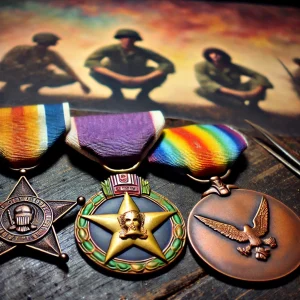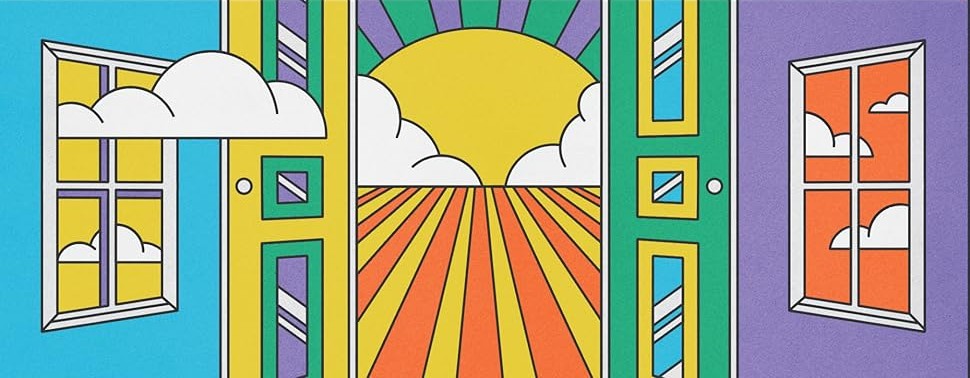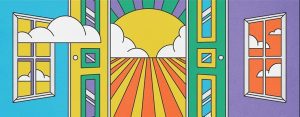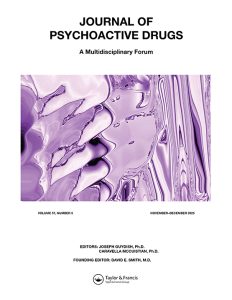Y ears ago, I was asked to speak at a conference on Addiction and Mental Health about Vietnam, PTSD and combat veterans. And so I did. And, during that talk, I also spoke in depth of my father. My father, Dennis, is a decorated veteran, though he’d never call himself that. A Bronze Star and several Purple Hearts, medals I found tucked away when I was a kid—all of them symbols of things he would rather leave behind. For decades, Vietnam didn’t exist in our home. And though I have crossed paths with people who try to find ways through trauma, who are open to paths he would never consider, he and I remain worlds apart.
ears ago, I was asked to speak at a conference on Addiction and Mental Health about Vietnam, PTSD and combat veterans. And so I did. And, during that talk, I also spoke in depth of my father. My father, Dennis, is a decorated veteran, though he’d never call himself that. A Bronze Star and several Purple Hearts, medals I found tucked away when I was a kid—all of them symbols of things he would rather leave behind. For decades, Vietnam didn’t exist in our home. And though I have crossed paths with people who try to find ways through trauma, who are open to paths he would never consider, he and I remain worlds apart.
I remember standing at the podium, feeling the weight of all those topics and how each one was woven through my father’s life like the quiet scars he’d never reveal. I spoke about the silent, invisible wounds of war, about how men like my dad returned from combat with memories they’d carry alone, tucked away like his medals in an old box in the closet. It was a tribute, a way to honor him, to give voice to something he’d always buried deep.
At the time, my understanding of healing was limited, shaped by the same world he grew up in—a world where you didn’t talk about your pain. He would simply tell me he was “fine.” I’ve come to understand how much weight that word can hold, how it became his mask, his way of holding back everything he endured. It was only years later, when I found myself immersed in addiction recovery and reaching toward unconventional methods, that I began to open doors my father would never walk through. Psychedelics became part of my journey, a tool that allowed me to go back into my own memories and trauma, offering a form of peace I hadn’t thought possible. But I knew, even then, that he would never accept this path.
My father is a Vietnam vet, a man decorated with medals that he saw as hollow symbols of an experience he’d rather forget. The first time he opened up to me about the December day his squad was obliterated, when he survived while his friends died, was decades after the fact. Vietnam had a way of creeping up on him in silence—he would disappear every December 16th, and even when he was home, he was distant, a shadow of himself. I’ve always known that his generation, men like him, bear their trauma alone, wearing their silence like a badge of honor.
Over the years, my father has told me more than once that not a single day passes without Vietnam on his mind. One year of service, but fifty years of remembering. Fifty years where every day brought him back, even if only for a moment, to those jungles, those losses, and those ghosts that wouldn’t let him go. To anyone else, this might sound unimaginable, but for my father, it’s simply the reality he wakes up to each morning and falls asleep to each night. My father first stepped foot on Vietnam at 19 years old. I attended my first rehab at 19. Two completely different lives, decades and thousands of miles apart.
I went on to talk about his resilience, the way he faced life afterward—marriage, fatherhood, work—bearing a heavy silence as if it were just part of him. He always told me he was “fine,” but I’ve come to know that “fine” often means bearing more than most of us will ever understand. He’s lived his life in quiet defiance of pain, holding onto the belief that suffering is meant to be endured, not healed. Alcoholism and divorce. Living alone. The same episodes of Andy Griffith on repeat on his TV every day.
Today, psychedelics are in their infancy as a recognized form of healing, and for men like my father, they’re still viewed with suspicion, if they’re viewed at all. To him, psychedelics would be a foolish venture, a choice he would probably see as weakness. His is a world where the past remains unspoken, the trauma unacknowledged, and he’s committed to that life. For him, healing means enduring, not transforming, and it’s that stark contrast that defines the distance between us.
Today, on Veterans Day, I think back to that podium and the bridge I tried to build in his honor. When I remember that podium, that audience, and that speech, I’m struck by how much has changed for me and how little has for him. Psychedelics have given me the chance to break free of inherited silence, to find peace in a way I never imagined. And yet, I have to accept that his journey and mine were never meant to align. Today, as I reflect, I understand that the closest I can come to honoring him is by accepting this difference. I see him for who he is—a man who fought his battles alone, whose silence is his shield, and whose version of “fine” will never mean healed.
For him, every day will continue to carry a memory of Vietnam. Every day, he’ll live with those unspoken losses. I wish there were more I could do to help him understand what I’ve found, but I know that some paths are simply not meant to cross.
And so I sit here, accepting that our journeys are different, that the best way I can honor him is to let him keep his silence, his version of “fine.” It’s a solemn peace I’ve made, knowing that he’ll continue to carry Vietnam with him, day after day, while I walk a path he’ll never choose. But perhaps, by understanding this difference, I’m honoring him as he truly is.
Sometimes when I go back into the histories of the psychedelic movement, I sometimes wonder about the worlds apart…the Timothy Leary’s and the LSD studies in the 1950s and 1960s…and people like my father 8,000 miles away in a jungle.
I do know that two things happened in 1968.
In October of 1968, Lyndon B. Johnson, President at the time, signed into law that LSD was officially illegal in the United States…and interestingly enough, it was the same time my father first stepped off of a plane into Vietnam.
-David Lee, PIR member




